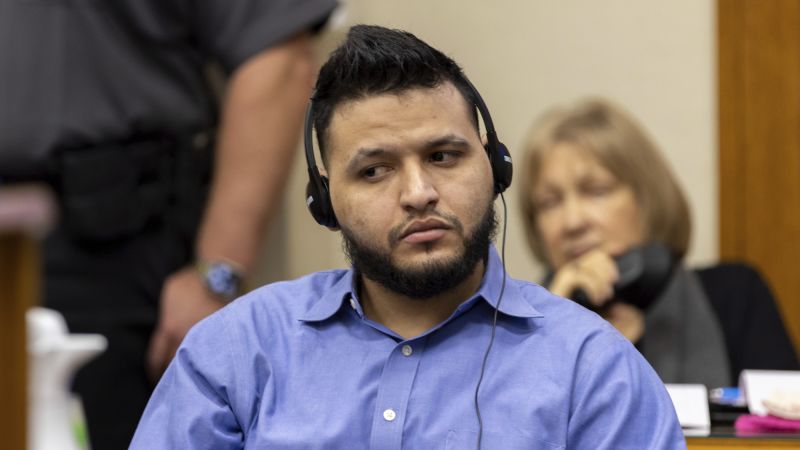Editorial Critiques R653 Valuation of a Boy's Life, Questions National Values
The phenomenon of mob justice, often visceral and extreme, cannot be fully understood without a careful examination of its deep-seated connections to poverty and crime. These societal issues often create a volatile environment where desperation and frustration can culminate in such drastic communal responses. To make sense of these extremities, one must look beyond the surface acts and delve into the underlying socio-economic factors that fuel them.
The 'intimate links' between poverty and crime are fundamental to this understanding. Prolonged deprivation and lack of opportunity can push individuals towards unlawful acts, not out of malice, but as a means of survival. When communities witness recurring crime, particularly if formal justice systems are perceived as ineffective or inaccessible, the conditions for alternative, often brutal, forms of 'justice' can emerge. This intertwined relationship highlights a cycle where poverty can lead to crime, and the response to crime, if not managed justly and effectively, can perpetuate further societal issues.
Consider the poignant example: a boy steals a loaf of bread. The immediate question of culpability arises – is the thief, who transgressed by taking what was not his, the sole party at fault? This question becomes more complex when we learn his actions were driven by 'desperate hunger.' The act of theft is clear, but the motivation rooted in a fundamental human need compels a broader consideration of responsibility beyond the individual perpetrator.
The inquiry then extends to the community surrounding the boy. Is there a collective culpability if the community 'did not notice his desperate hunger'? This suggests a potential erosion of communal awareness, empathy, or support structures. A healthy society ideally possesses mechanisms to identify and aid its most vulnerable members, and a failure to do so can be seen as a contributing factor to the circumstances that lead to such desperate acts.
Furthermore, the role of governance comes under scrutiny. Is the government partly responsible if it has 'failed in its mandate to provide its people with their basic needs'? This question points towards systemic deficiencies in social welfare, economic policies, and the overall protection and provision for citizens. The failure to ensure basic necessities like food security can create conditions ripe for poverty and, consequently, crimes of desperation.
Ultimately, assigning blame in such situations is a multifaceted challenge. While an individual commits an act, the context of poverty, the oversight of a community, and the failures of governmental mandates paint a more intricate picture of shared responsibility. Understanding these interconnected dynamics is crucial not just for comprehending isolated incidents of crime, but also for addressing the root causes that might lead to extreme reactions like mob justice, urging a societal reflection that goes beyond immediate condemnation.








